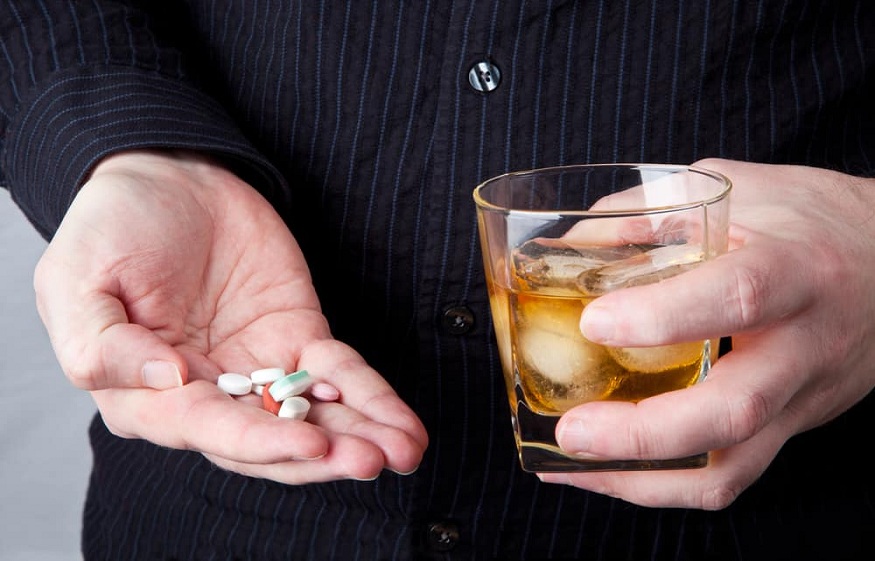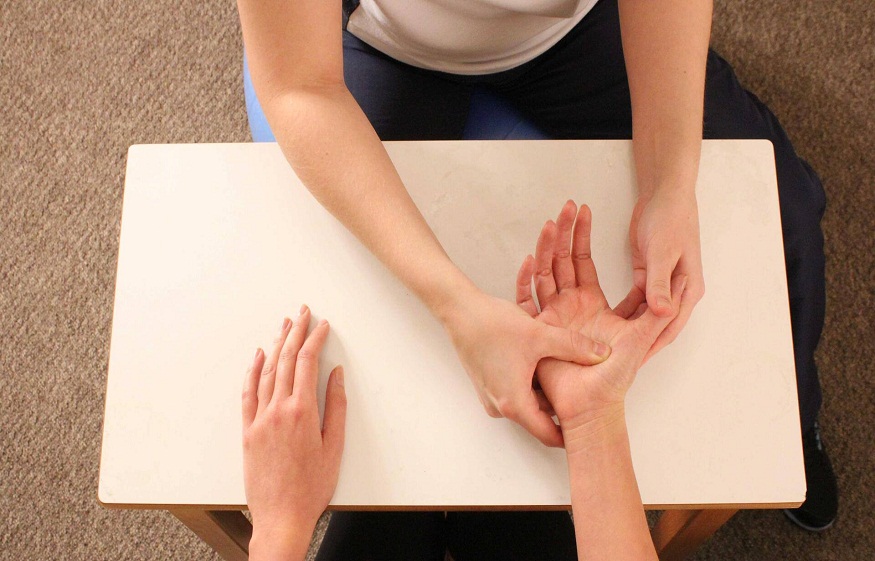How Successful is Rehabilitation for Drug and Alcohol Dependence?
A person’s treatment for substance abuse and addiction is deemed to have been successful when they are able to refrain from using drugs and alcohol and are also able to exercise self-control over their addictive behaviors. When the individual is finally capable of living their life regularly and is no longer controlled by their addiction, their quality of life will significantly enhance.
To determine whether or not a drug or alcohol addiction treatment program at a private alcohol rehab center is successful, experts look at several factors, such as:
- No longer using drugs or alcohol.
- Better and more stable job prospects.
- Success academically is increased.
- Reconciling with one’s loved ones and bringing about healing in their relationships.
- The end of criminal behavior.
- Better psychological wellness.
- Elevated sentiments.
- Enhancements to one’s physical condition.
Recovering from an addiction is a lifelong journey, and setting impossible goals for oneself can lead to emotions of failure and despair. Keep in mind that even the smallest increments of sobriety and progress are victories. So make an effort and look for addiction services near me and get the help you need. Every effort counts.
Ways to Maximize the Effectiveness of Addiction Treatment
Completing rehabilitation increases the likelihood of a full recovery and lasting behavioral improvements. The following steps make up this procedure:
- Psychosocial Education Program: Group therapy and counseling services. Counseling, cognitive behavioral therapy, and other forms of psychotherapy, as well as methods for controlling the addict’s behavior, all fall under this category.
- Residential treatment: This is staying in a center for 30-60 days to complete the education, counseling, and therapy program, giving the patient the tools they need to return to everyday life after being drug and alcohol-free.
- Transitional housing: This is a place where they can feel comfortable and where they can get the help they need as they readjust to regular life. Consistent attendance at AA and NA meetings, as well as group sessions and individual counseling, provide the person with constant reinforcement and reinforcement of their recovery.
- Aftercare: Addicts in recovery benefit greatly from continuing to meet with their primary care physicians and therapists on a frequent basis as part of their aftercare plan.
Relapse Doesn’t Define Failure
Regaining sobriety is an ongoing journey that, sadly, frequently involves setbacks in the form of relapses. A relapse, on the other hand, does not always indicate that the healing process was a failure.
A relapse might be a single instance of engaging in addictive behaviors, or it can encompass several weeks of such behavior. It is essential to be alert for the warning symptoms of relapse and to take corrective action without delay.
This may require a medical detox and then returning to residential treatment for addiction. While there is always the possibility of relapsing, it is nevertheless possible to heal completely. The road to recovery is not an easy one, but it is doable.
Conclusion
There is help and therapy available for you if your use of alcohol and drugs is interfering with your capacity to lead an entire life. Please get in touch with a drug addiction clinic so that you may learn more about the types of assistance that are offered.



